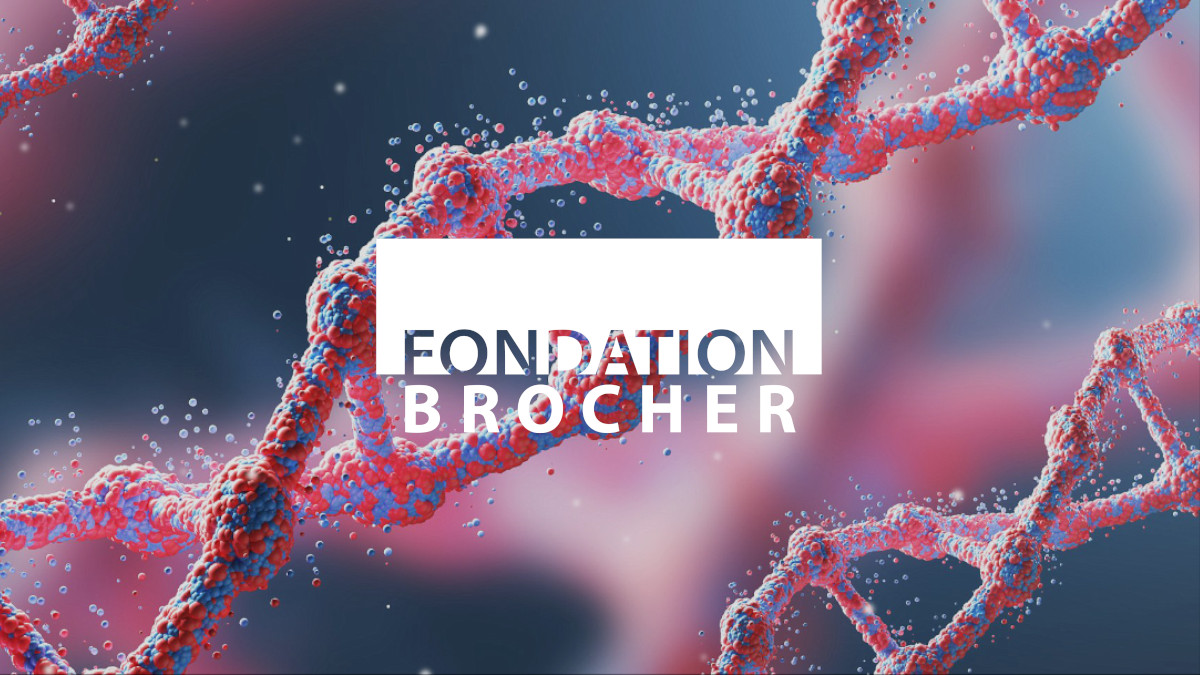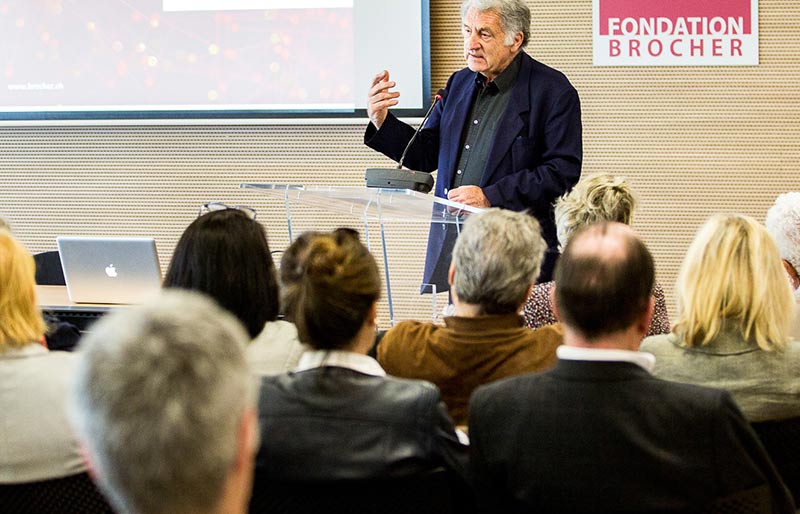What is Bioethics?
Thanks to the progress of science and technology, modern man is more capable than ever of handling cells, biological tissues, and other microscopic organisms. In the face of such progress, the risk of making a blunder is omnipresent. Bioethics sets out the boundaries that scientists should not cross.
Bioethics: definition
The bioethics law, which was passed in July 2021, has been much talked about because of its broad scope. However, its content remains largely unknown, except to the scientific community. Admittedly, the very notion of bioethics seems incomprehensible, almost cryptic, to anyone not involved in medical and biological issues. To simplify matters, bioethics can be described as the set of practices and research aimed at studying the main moral problems raised by advances in medical and scientific disciplines.
Bioethics or medical ethics advocates respect for the human person. This multidisciplinary questioning reflects on the possible consequences of scientific progress on society and sets, if necessary, moral limits to prevent abuses. The main themes of bioethics are genetics, procreation, the end of life and the modification of cellular organisms for purposes other than the good of humanity.
The principles of bioethics
Medical ethics as presented in the prior bioethical definition is not a law in itself. Instead, bioethics are based on moral, philosophical, political and human principles, which are then translated into legal rules. Owing to the different interpretation of bioethical principles, the laws inspired by bioethics vary according to the culture and history of each country.
The bioethics law governing Medically Assisted Reproduction or PMA in France, for example, provides for different measures than the rules applicable in Switzerland or Belgium. Similar disparities can be found on other medical and/or philosophical issues related to:
– artificial insemination
– in vitro fertilisation (1994 bioethics law)
– sperm donation
– abortion
– bio-trade
– bioethical GMOs
– cloning
– organ donation and transplantation
– end of life and euthanasia of a human being
– genetic engineering
– nanotechnology research
– animal testing of pharmaceuticals.
As thinking about scientific and medical practices evolves with discoveries about the functioning of the human body and its environment, bioethics laws are revised regularly. In France, the 2019 bioethics law, amended in 2021, broadens its scope and raises several issues related to intersexuality, abortion, embryo research, genetics, oocyte self-preservation and gamete and organ donation, among others.
What are the four principles of bioethics?
Regardless of the differences between the medical and scientific rules applicable in each country, all bioethics laws in Europe and in the rest of the world are based on four founding principles.
– The law of benevolence
Medical practices that are permitted and deemed to be in accordance with bioethics are always for the benefit of the individual. Decisions governed by bioethical rules must never cause physical or psychological harm to third parties who will be involved, directly or indirectly, in a human action that raises bioethical issues. Such action or decision is deemed to be medically or scientifically ethical if its benefits to humans do not come at the expense of destruction, degradation or any other negative impact on other individuals.
– The principle of maleficence
The principle of maleficence in bioethics is closely related to the principle of benevolence. One cannot exist without the other. Simply put, bioethics refutes any action that may cause more or less serious negative effects in the political, biological, philosophical and environmental fields, among others.
– The principle of freedom and autonomy
In bioethical issues, each individual is the master of his or her own choice. Bioethics considers each person as a limitless entity, free to make all decisions regarding his or her health and any other matter related to biology, politics, environmental science and genetics. According to the principle of freedom, no organisation, no external entity can impose on the individual a choice that affects his or her physical health and well-being.
– The principle of justice
The fourth principle of bioethics establishes the sharing of responsibility for the benefits, risks and costs of a bioethical action or decision. The principle of equality and equity also applies to materials and rights relating to the ethical values of a biological factor.
In French law, these four main principles of bioethics are complemented by two other important notions, including the principle of solidarity and the principle of dignity.
What are the key dates in bioethics around the world?
Reflections on bioethical issues have been going on since the first major developments in medicine and science. However, world governments began to seriously consider bioethics after atrocities committed by Nazi researchers in concentration camps were revealed.
– 1947: Publication of the Nuremberg Code
To avoid abuses in scientific experimentation, the Nuremberg Code sets the first bioethical rules governing research on human beings. The text ushers in, in particular, the principle of free and informed consent of any individual participating in medical or scientific experiments.
– The Helsinki Declaration of 1964
This text goes even further and places the well-being of the individual above the interests of society and science in scientific research.
– The Belmont Report and the independent assessment committees of the 1970s
As biological research and genome research advanced rapidly, American hospitals and science centres decided to set up independent review committees. These committees are responsible for evaluating the conformity of research projects with the principles of bioethics.
The publication of the Belmont Report in 1979 strengthened the position of these evaluation committees. This text proposed to standardise the bioethical analysis of scientific projects by taking into account the principles of justice, autonomy and benevolence.
– 1997: Signature of the Oviedo Convention
This agreement remains to this day the legal instrument that binds all signatory States to respect clear bioethical rules for scientific and medical research. In particular, the Convention protects the right to privacy on health-related matters, non-discrimination about genetic heritage, the obligation of consent before any clinical intervention and the legal protection of persons conducting medical research.
Bioethics provides wider possibilities, guiding philosophical, political and social reflection in the light of changing cultures and medical techniques. With bioethics, caregivers no longer have to decide between right and wrong. Instead, they are considering several conflicting choices, which can be described as ‘goods’ from different perspectives. The challenge of bioethics is to conduct a comparative analysis of these alternatives, taking into account their respective benefits and risks.
Why is bioethics important in biotechnology?
The bioethical issue is particularly relevant in biotechnology, one of the most dynamic sciences of recent years. Today, biotechnology is finding new applications in the agricultural industry, bio business, green chemistry, cosmetology and the environment, among others.
In agri-food, the latest biotechnological advances promise improvements in crop yields, boosting their resistance to disease, drought and pests, among other things. Without denying the benefits of these discoveries, bioethics encourages researchers and all those concerned to reflect on the moral, human, economic and social limits that should not be crossed.
Bioethics and the economy
Obviously, the economic question is omnipresent in bioethical reflection on the development of medicine and biotechnology. The challenge of bioethics, for governments, laboratories and citizens, is to create value with the fruits of scientific research, without violating existing moral and ethical rules. This is a major challenge, as the global biotechnology market generated more than $641 billion in sales in 2020. Drug sales exceeded $1.2 trillion in the same year.
Bioethics and the political stakes
Bioethics is also a clear political issue. In 1994, the first bioethics law in France was drafted on the basis of the conclusions of a panel made up exclusively of biomedical experts. The initial text provoked several controversies on the issues of bioethics ART, prenatal diagnosis and organ donation. The debates have never really stopped during the revisions of the bioethics law.
In fact, the acceptability of modern medical practices is constantly changing, depending on the new possibilities offered by science. In other words, the rules of bioethics as applied to health, the environment and biotechnology will not remain unchanged. Politicians therefore have a responsibility to frame, lead and open discussions on the future direction of bioethics laws.





